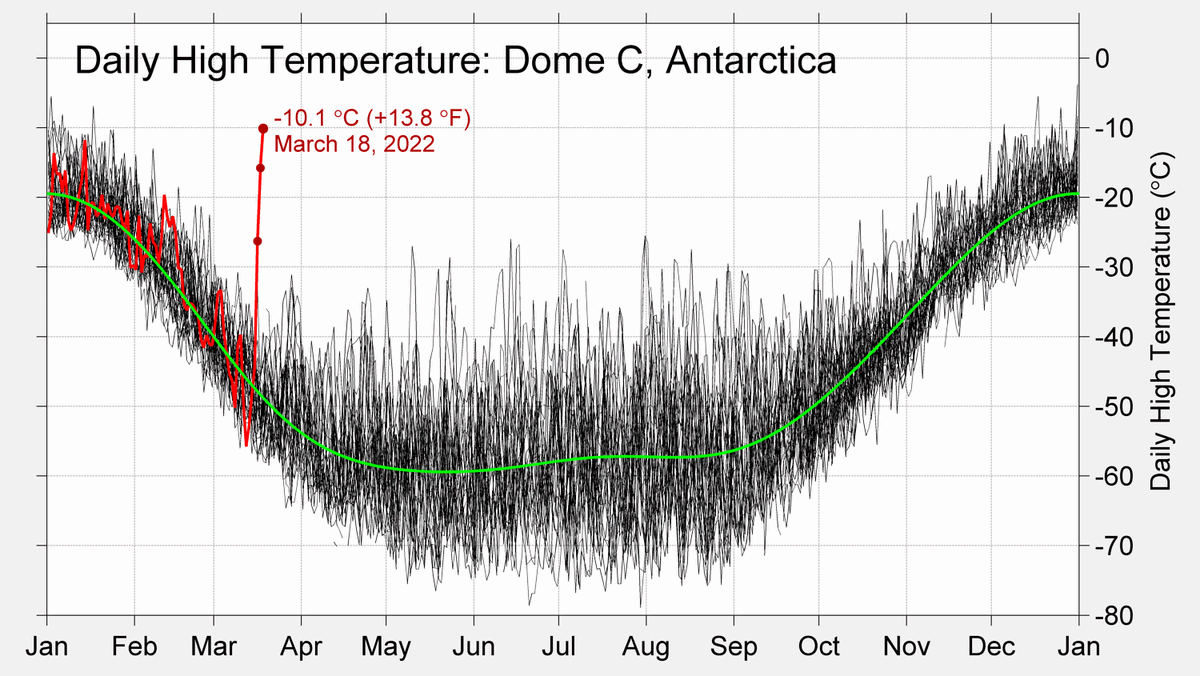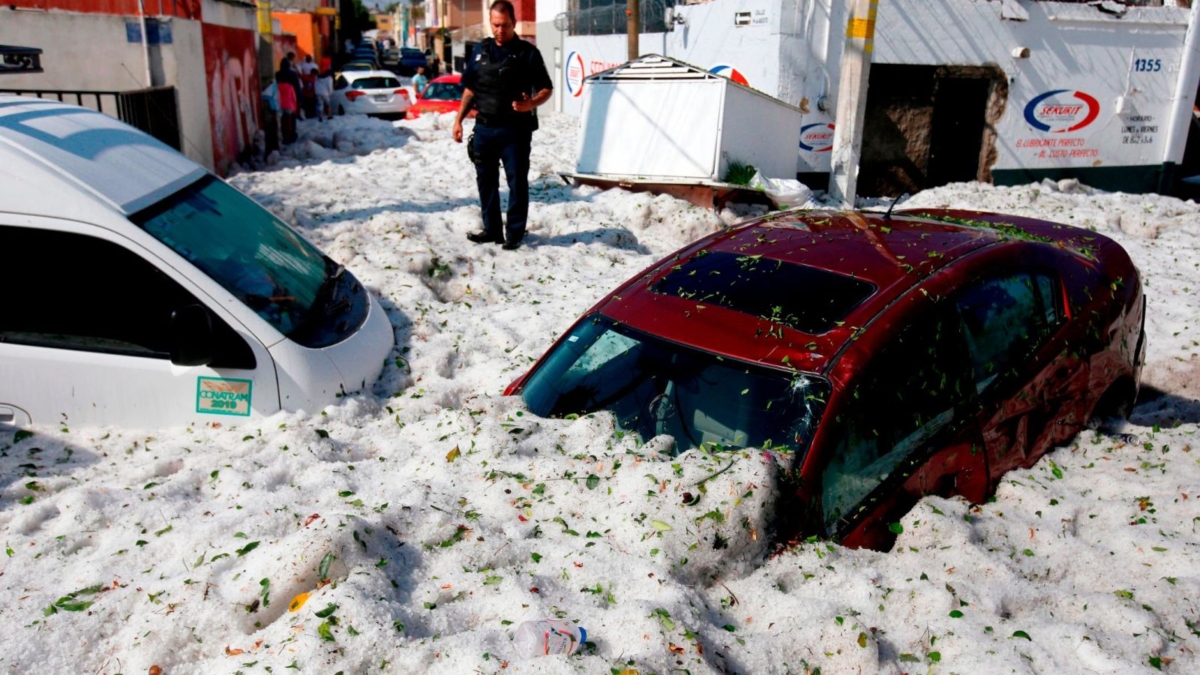Jury awards climate scientist Michael Mann $1 million in defamation lawsuit – “I hope people think twice before they lie and defame scientists”

By Suman Naishadham
8 February 2024
WASHINGTON (AP) – A jury on Thursday awarded $1 million to climate scientist Michael Mann who sued a pair of conservative writers 12 years ago after they compared his depictions of global warming to a convicted child molester.
Mann, a professor of climate science at the University of Pennsylvania, rose to fame for a graph first published in 1998 in the journal Nature that was dubbed the “hockey stick” for its dramatic illustration of a warming planet.
The work brought Mann wide exposure but also many skeptics, including the two writers Mann took to court for comments that he said affected his career and reputation in the U.S. and internationally.
“It feels great,” Mann said Thursday after the six-person jury delivered its verdict. ”It’s a good day for us, it’s a good day for science.”
In 2012, a libertarian think tank named the Competitive Enterprise Institute published a blog post by Rand Simberg, then a fellow at the organization, that compared investigations into Mann’s work to the case of Jerry Sandusky, a former assistant football coach at Penn State University who was convicted of sexually assaulting multiple children. At the time, Mann also worked at Penn State.
Mann’s research was investigated after his and other scientists’ emails were leaked in 2009 in an incident that brought further scrutiny of the “hockey stick” graph, with skeptics claiming Mann manipulated data. Investigations by Penn State and others found no misuse of data by Mann, but his work continued to draw attacks, particularly from conservatives.
“Mann could be said to be the Jerry Sandusky of climate science, except for instead of molesting children, he has molested and tortured data,” Simberg wrote. Another writer, Mark Steyn, later referenced Simberg’s article in his own piece in National Review, calling Mann’s research “fraudulent.”
The jury in Superior Court of the District of Columbia found that Simberg and Steyn made false statements, awarding Mann $1 in compensatory damages from each writer. It awarded punitive damages of $1,000 from Simberg and $1 million from Steyn, after finding that the pair made their statements with “maliciousness, spite, ill will, vengeance or deliberate intent to harm.”
During the trial, Steyn represented himself, but said through his manager Melissa Howes that he would be appealing the $1 million award in punitive damages, saying it would have to face “due process scrutiny.”
Mann argued that he had lost grant funding as a result of the blog posts — an assertion for which both defendants said Mann did not provide sufficient evidence. The writers countered during the trial that Mann instead became one of the world’s most well-known climate scientists in the years after their comments.
“We always said that Mann never suffered any actual injury from the statement at issue,” Steyn said on Thursday through his manager. “And today, after twelve years, the jury awarded him one dollar in compensatory damages.”
Simberg’s attorney Mark DeLaquil said his client was “disappointed in the verdict” and would appeal the jury’s decision.
Both writers argued that they were merely stating opinions.
Lyrissa Lidsky, a constitutional law professor at the University of Florida, said it was clear the jurors found that Steyn and Simberg had “recklessly disregarded the falsity of their statements.” She added that the discrepancy between what the jury awarded in compensatory and punitive damages could result in the judge reducing the punitive damages.
Many scientists have followed Mann’s case for years as misinformation about climate change has grown on some social media platforms.
“I hope people think twice before they lie and defame scientists,” said Kate Cell of Union of Concerned Scientists. Her work as senior climate campaign manager includes tracking misinformation related to climate change.
“We are so far outside the bounds of a civil conversation about facts that I hope this verdict can help us find our way back,” Cell said.
Alfred Irving, the judge presiding over the case, reminded the jury on Wednesday before they deliberated that their job was not to decide “whether there’s global warming.”
Climate change continues to be a divisive and highly partisan issue in the United States. A 2023 poll from The Associated Press-NORC Center for Public Affairs Research found that 91% of Democrats believe climate change is happening, while only 52% of Republicans do.
On Thursday, Mann said he would be appealing a 2021 decision reached in D.C. Superior Court that held National Review and the Competitive Enterprise Institute not liable for defamation in the same incident.
“We think it was wrongly decided,” Mann said. “They’re next.”
Jury awards climate scientist Michael Mann $1 million in defamation lawsuit



One Response